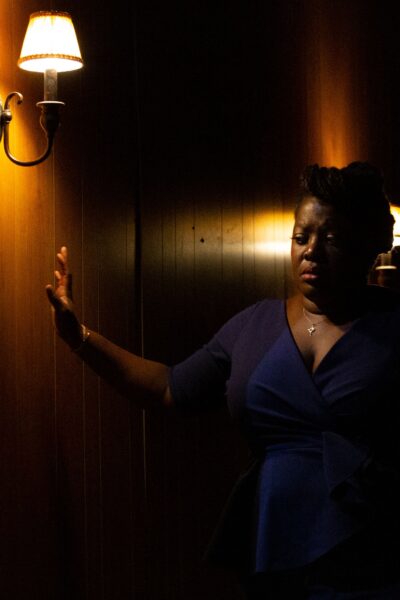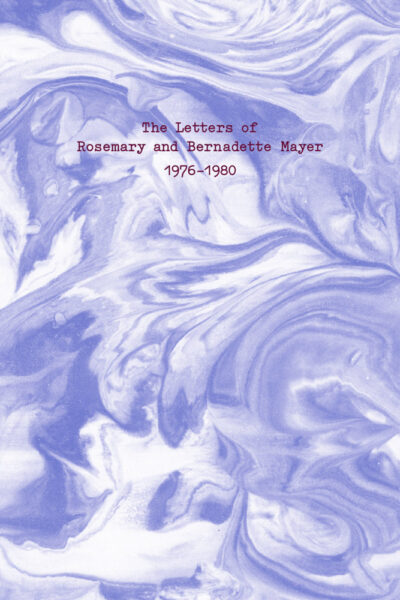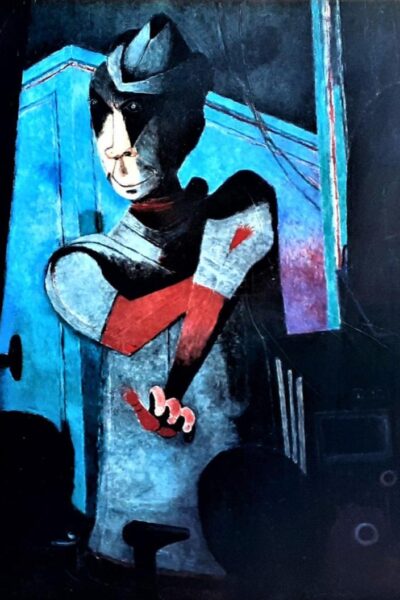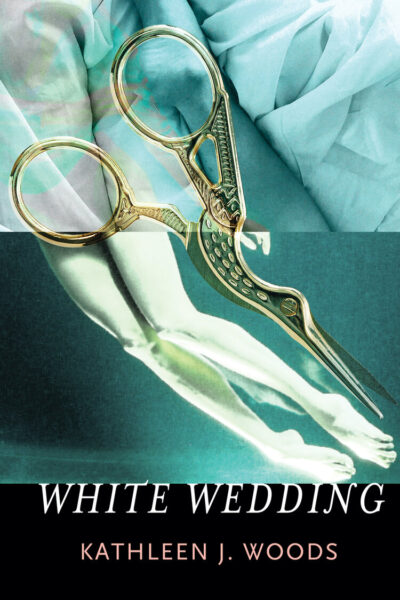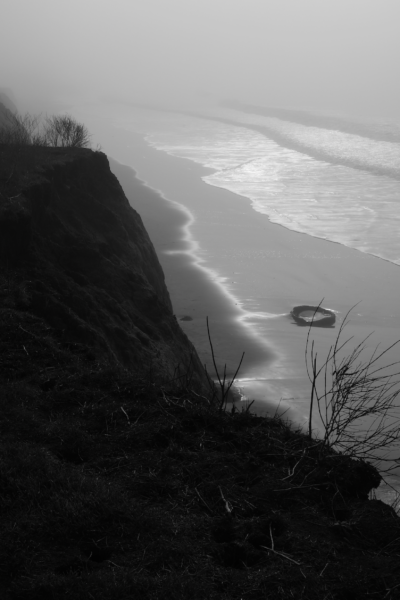On Des Moines, the Final Play of Denis Johnson
Somehow, it was as if the playwright had invited the audience to his own wake, with the strictest of instructions that everybody for crying out loud have a good time.
John Ashbery in the Physical World
Far from a recluse, Ashbery was in fact super-social in his own way, someone who prized poets’ work, a prolific blurber of younger poets’ books.
Whom To Send To: Bernadette Mayer’s Lifelong Epistle
The letter resembles such gestures as the smile or the wave in the way it puts faith in the signs we move between each other as subjects.
Good, Bad, and the Complete Opposite: Cynicism in Golden Age Mexican Cinema
Cantinflas is the inheritor of millennia of cynicism, a philosophy “pioneered” by the barrel-living, work-scoffing Diogenes.
No Consolation: On Gabriel Blackwell
Almost everyone in the world of Blackwell’s fiction finds themselves trapped in the process of unintentionally suffocating both their significant others and themselves.
I wanted salvation without the fall; I wanted art to save me from life.
Messina’s writing is bleak and tender and honest and is not trying to persuade me of anything, least of all that things will work out.
Against Safe Sex: A Review of Kathleen J. Woods’s White Wedding
To ask whether the pornographic narrative style does anything (and to value it accordingly) is to buy into the promises of virtuous consumption. It is to believe that consuming a book somehow transforms aesthetic experience into social action.
Daria Morgendorffer, Jodie Landon, and the Privilege of Cynicism
Why is cynicism so seemingly tied to whiteness?
The Maladaptation of White Noise
Perhaps there is a tablet, a Dylar that actually works, that would make me forget Baumbach’s movie as the Gladneys wanted to forget death.



